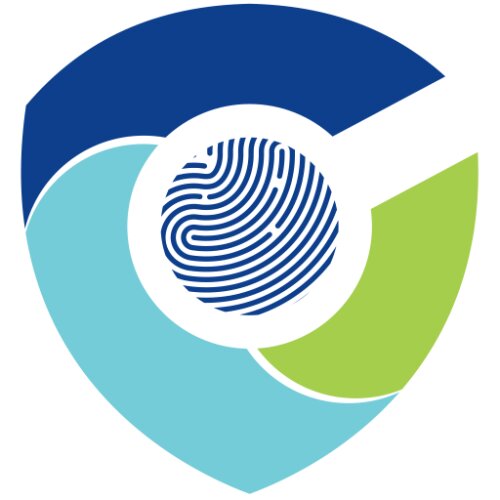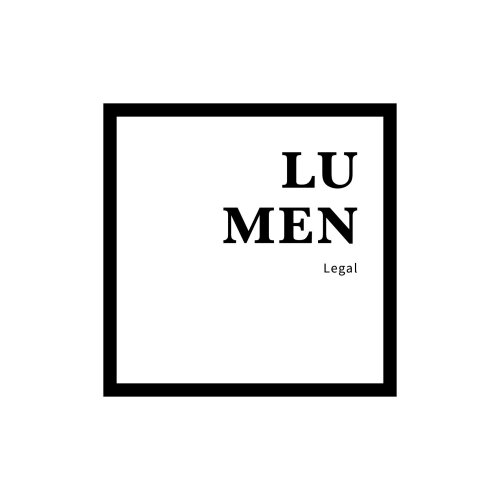Best Cyber Law, Data Privacy and Data Protection Lawyers in Bogota
Share your needs with us, get contacted by law firms.
Free. Takes 2 min.
List of the best lawyers in Bogota, Colombia
About Cyber Law, Data Privacy and Data Protection Law in Bogota, Colombia
Cyber Law, Data Privacy, and Data Protection have become increasingly important as technology and internet use rapidly expand across Colombia, especially in cities like Bogota. Cyber Law covers the legal issues that arise from our use of digital technologies, including the internet, electronic communications, and digital transactions. Data Privacy and Data Protection refer to the laws and regulations designed to safeguard personal data and ensure that individuals have control over their information.
In Colombia, these areas of law address concerns such as online fraud, identity theft, unauthorized data use, digital contracts, cybercrime, and the handling of sensitive personal information by both public and private organizations. As Colombia continues to digitize its economy and public services, the legal landscape for cyber and data protection issues becomes increasingly relevant for individuals, companies, and institutions based in Bogota.
Why You May Need a Lawyer
Many individuals and businesses in Bogota may encounter legal challenges requiring expert guidance in Cyber Law, Data Privacy, and Data Protection. Some common situations where legal help can be essential include:
- Experiencing online fraud, phishing, or digital scams
- Being a victim of identity theft or unauthorized access to personal data
- Responding to a data breach or cyber-attack affecting individuals or organizations
- Managing compliance with Colombian data protection regulations (such as Habeas Data Law)
- Handling disputes over digital contracts, online transactions, or intellectual property online
- Seeking to remove harmful content or misinformation from the internet
- Understanding the obligations for collecting, storing, or transferring personal data
- Developing privacy policies and security measures for a business
- Faced with governmental investigations or sanctions regarding data use
- Needing representation in legal proceedings related to cybercrime or privacy violations
Consulting with a lawyer ensures that your rights are protected, compliance is maintained, and risks are minimized in these complex and evolving fields.
Local Laws Overview
Columbia has established several legal frameworks relevant to Cyber Law, Data Privacy, and Data Protection, which are important to understand when operating in Bogota:
- Law 1273 of 2009 - Focused on defining and sanctioning cybercrimes such as unauthorized access, data interception, computer sabotage, and identity theft.
- Law 1581 of 2012 (Data Protection Law) - Establishes general provisions for the protection of personal data, known as the Habeas Data Law. It sets out standards for data collection, processing, and management, including individuals' rights to access, correct, and delete their information.
- Regulation by the Superintendency of Industry and Commerce (SIC) - The SIC is the main authority overseeing the implementation of data protection standards in Colombia, handling complaints, investigations, and imposing sanctions for non-compliance.
- Decree 1377 of 2013 - Provides more specific guidance on the implementation of Law 1581, especially regarding databases and obtaining consent from data owners.
- International Standards - Colombia participates in international cooperation regarding cybercrime and data protection, which may influence local procedures and standards.
Entities operating in Bogota must adhere to these laws and any sector-specific regulations for data use, cybersecurity obligations, and privacy rights.
Frequently Asked Questions
What is considered personal data under Colombian law?
Personal data refers to any information linked or able to be associated with one or more specific or determinable natural persons. This includes names, identification numbers, location data, email addresses, and more.
What rights do I have regarding my personal information?
Colombian law grants individuals rights to know, update, rectify, delete, or revoke authorization for the use of their personal data, typically referred to as Habeas Data rights.
What should I do if I am the victim of a cybercrime in Bogota?
You should report the incident immediately to the authorities, such as the National Police’s Cybercrime Center and consult a cyber law attorney to help protect your rights and pursue any necessary civil or criminal actions.
How do businesses in Bogota ensure compliance with data protection laws?
Businesses must obtain proper consent, implement appropriate security measures, maintain data processing policies, and register certain databases with the Superintendency of Industry and Commerce.
What is the role of the Superintendency of Industry and Commerce in data protection?
The SIC supervises compliance with data protection laws, investigates complaints, issues guidance, and can impose fines or sanctions for violations.
Can I request that a business delete my personal information?
Yes, under the Habeas Data Law, you have the right to request the deletion or correction of your personal information under certain circumstances, especially if it is being used improperly.
Are there specific obligations regarding data breaches?
Yes, data controllers must take immediate action to mitigate harm, inform affected individuals as soon as possible, and notify the SIC if required by the severity of the incident.
Is it legal to record phone calls or monitor online communications in Colombia?
Recording calls or monitoring communications typically requires the prior and informed consent of all parties involved. Monitoring without consent may be subject to criminal or civil penalties.
How can I protect my company against cyber-attacks?
Implementing robust cybersecurity policies, employee training, regular audits, ensuring compliance with regulations, and having response plans in place are critical steps for protection.
What penalties exist for violating data protection or cybercrime laws?
Penalties can include fines, orders to cease specific data processing activities, suspension of operations, reputational damage, or even criminal charges in cases involving cybercrime.
Additional Resources
If you need further guidance or wish to stay informed about Cyber Law, Data Privacy, and Data Protection in Bogota, consider these resources:
- Superintendency of Industry and Commerce (SIC) - Main authority for data protection laws and complaints
- Colombian National Police Cybercrime Center - For reporting cybercrime incidents
- Ministry of Information and Communications Technologies (MinTIC) - Provides educational materials on digital security
- Colombian Bar Association - For finding qualified legal professionals in the field
- Educational workshops and seminars on digital literacy and cyber law
Next Steps
If you believe you need legal assistance in Cyber Law, Data Privacy, or Data Protection in Bogota, here are some steps you can follow:
- Identify your specific issue or concern, such as a cyber-attack, data breach, or compliance question
- Gather all relevant documentation and evidence related to your case
- Contact a qualified lawyer or legal firm with experience in cyber law and data protection in Colombia
- Consider reaching out to governmental bodies such as the Superintendency of Industry and Commerce or the Cybercrime Center for official guidance or to file complaints
- Stay informed by reviewing laws, guides, and best practices published by regulatory authorities
Early legal intervention can help protect your rights, minimize losses, and ensure compliance with all applicable laws. Do not hesitate to seek help if you are facing digital legal challenges in Bogota.
Lawzana helps you find the best lawyers and law firms in Bogota through a curated and pre-screened list of qualified legal professionals. Our platform offers rankings and detailed profiles of attorneys and law firms, allowing you to compare based on practice areas, including Cyber Law, Data Privacy and Data Protection, experience, and client feedback.
Each profile includes a description of the firm's areas of practice, client reviews, team members and partners, year of establishment, spoken languages, office locations, contact information, social media presence, and any published articles or resources. Most firms on our platform speak English and are experienced in both local and international legal matters.
Get a quote from top-rated law firms in Bogota, Colombia — quickly, securely, and without unnecessary hassle.
Disclaimer:
The information provided on this page is for general informational purposes only and does not constitute legal advice. While we strive to ensure the accuracy and relevance of the content, legal information may change over time, and interpretations of the law can vary. You should always consult with a qualified legal professional for advice specific to your situation.
We disclaim all liability for actions taken or not taken based on the content of this page. If you believe any information is incorrect or outdated, please contact us, and we will review and update it where appropriate.









